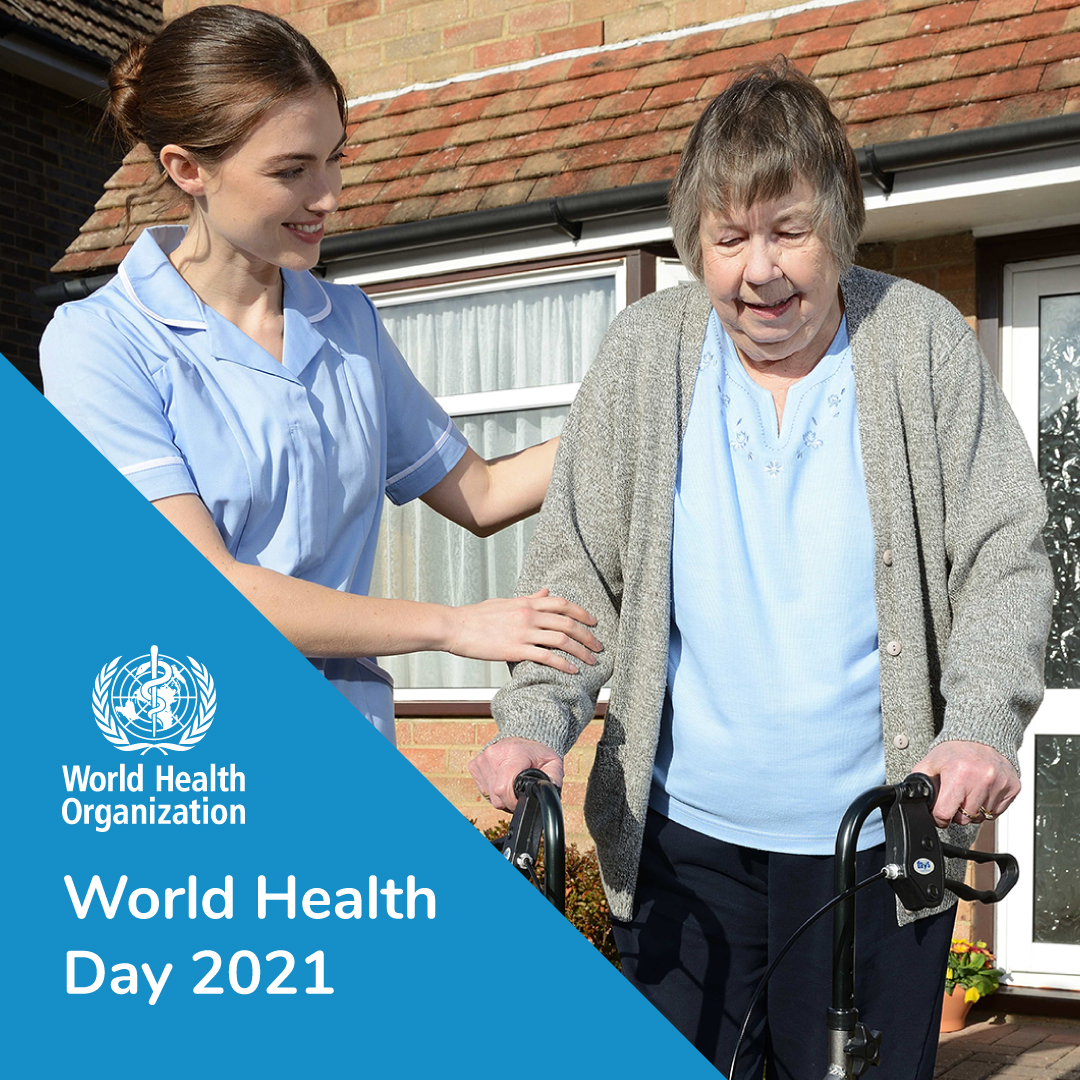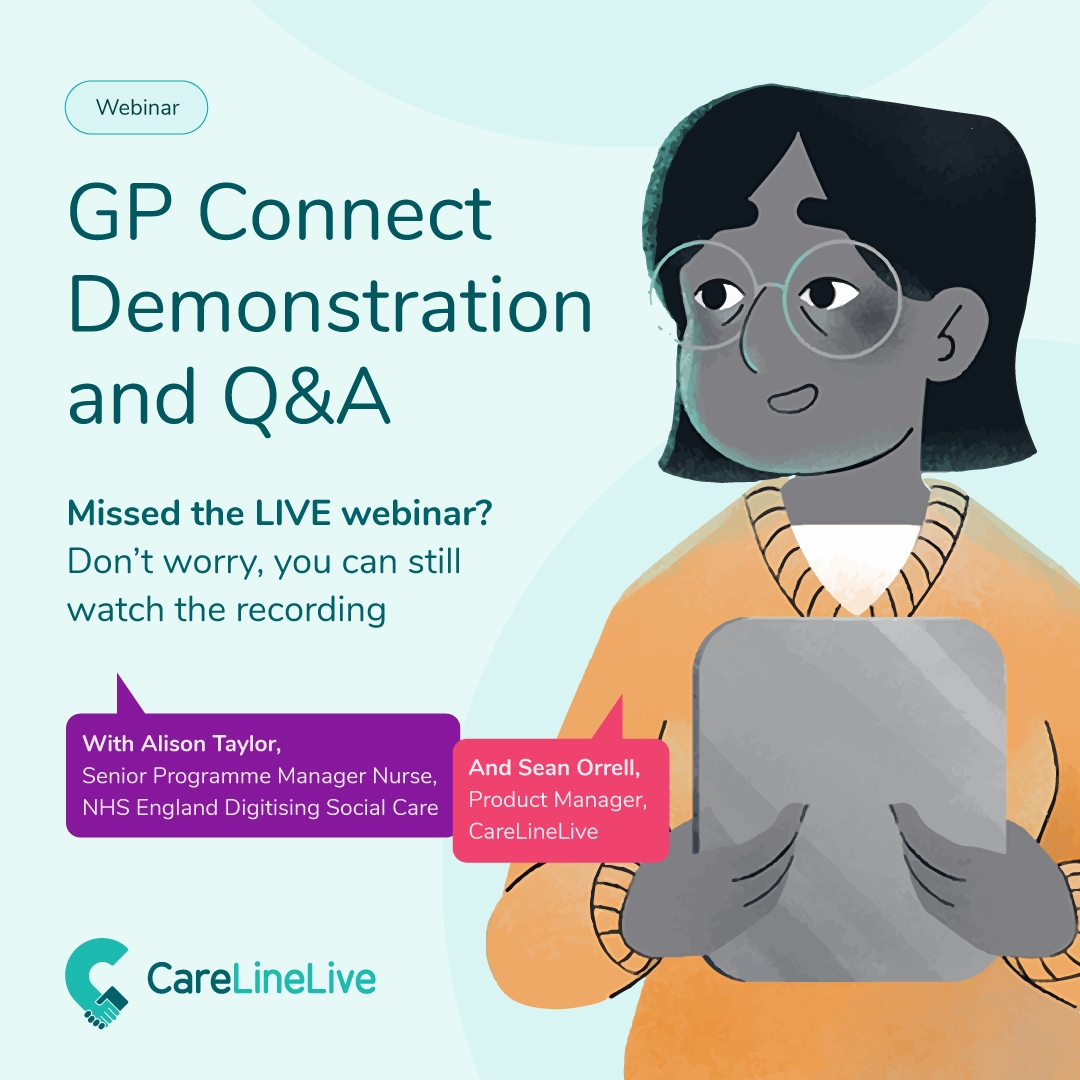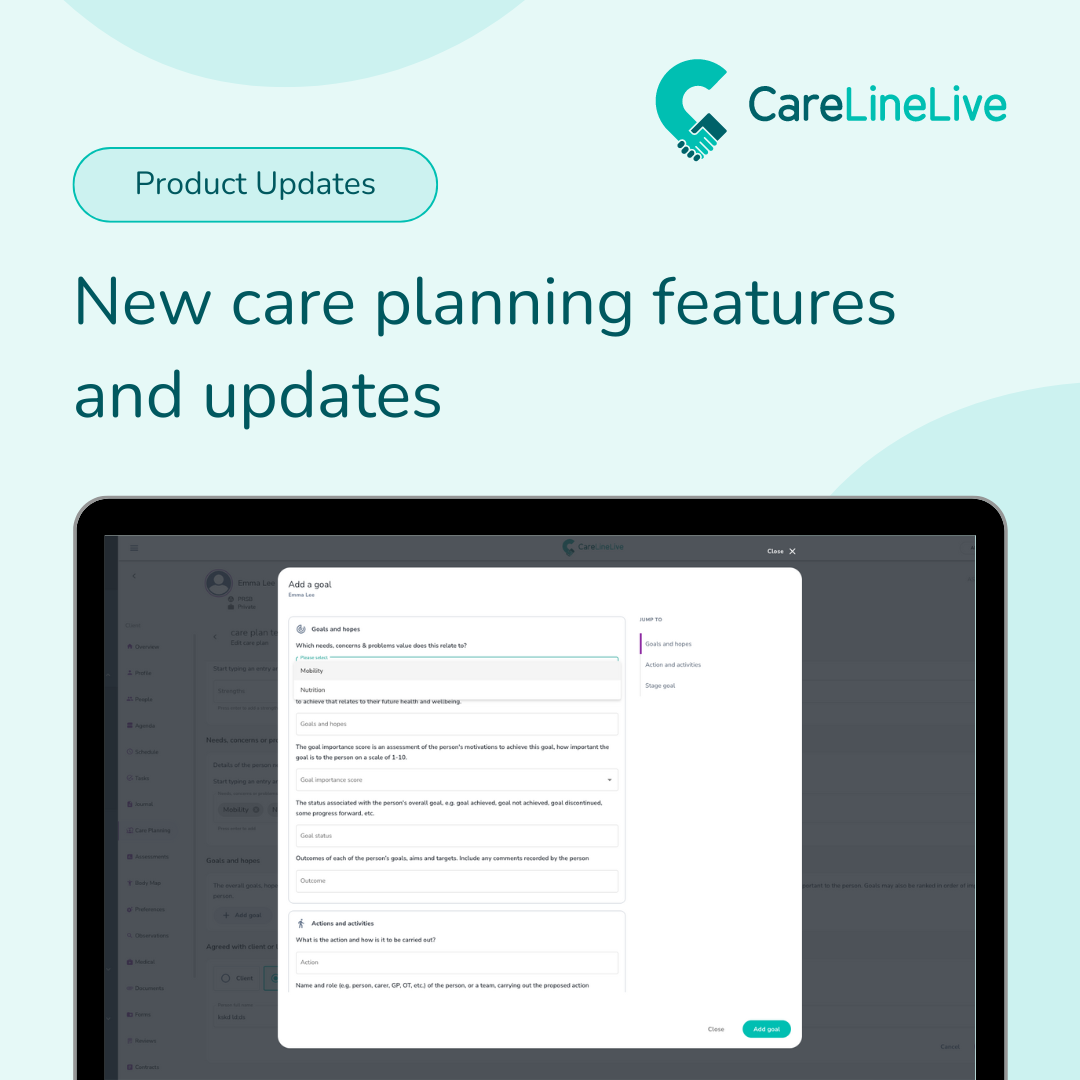Today is World Health Day which celebrates the anniversary of the founding of the WHO in 1948. The theme this year is to build a fairer, healthier world. The Covid-19 pandemic has highlighted that depending on where you are born, work, live or your age can have a direct impact on what type of health care you can access.
The World Health Organisation is calling on leaders to build equality and help people have access to adequate health services when and where they need them.
During the pandemic home care management software has been embraced by more and more home care providers to help them deliver person-centred care effectively, safely, and efficiently in peoples’ homes. Delivering home care in the right way can reduce the strain on the NHS. For example making sure that people have enough to eat and drink in the home care setting can prevent admissions to hospital due to malnutrition. In 2018/2019 4,185 people aged 70 years and older[1] were admitted to hospital for malnutrition in England. In June 2020, a study claimed that during the pandemic, one in four adults across the UK were at risk of hunger and potential malnutrition.
Carer mobile apps such as the CareLineLive Carer Companion app can make it easy for carers to administer the tasks and care, such as giving the correct food, fluids and medicines at the right times, that are centric to the person-centred care plans of clients. The eMAR (electronic medical administration records) functionality of software and mobile apps is particularly important in providing safe and effective care.
Enjoying a balanced diet to stay healthy
Ensuring older people have a balanced diet can help with reducing obesity and is important for good health. Good nutrition includes a mix of proteins; good for keeping muscles healthy and high fibre carbohydrates such as wholewheat pasta. Plus, lots of fruit and vegetables packed with vitamins – at least 5 portions a day – and of course dairy to help keep bones healthy. When choosing fat, older people should choose polyunsaturated and monounsaturated fat options that can help reduce cholesterol levels. Like all of us, alcoholic drinks, and snacks such as cakes, crisps, biscuits, and sweets should be eaten in moderation.
It’s also important for older people to stay hydrated by drinking plenty of water and non-fizzy beverages. Being dehydrated can cause tiredness, dizziness, and constipation.
Some older people may want to take Vitamin supplements like Vitamin D and Calcium to help maintain bone health. Iron and Vitamin B12 is also less prevalent in older people diets and are crucial in carrying oxygen around the body and maintaining a healthy brain and nervous system.
Software and mobile apps help carers, in a few clicks on their mobile, know what the correct nutrition plan is for every client that they care for. Not only that, as apps digitally record exactly what clients have been given, and as these records are accessible by all stakeholders, any questions can be answered quickly and credibly.
Staying active is vital to staying strong
Older people need to include exercise into their weekly routine; both muscle strengthening and aerobic exercises. Technology like fitness trackers can play a role in helping older people keep a record of their exercise. They can also encourage good habits, by measuring daily steps taken, their heart rate and general levels of activity.
All types of exercise count from a gentle walk, to gardening to dancing. Leading a healthy lifestyle can help prevent conditions such as diabetes, heart disease, and strokes plus help older people manage their weight. Keeping active can help people sleep better and boost a person’s happiness. Endorphins released when you exercise can trigger positive feelings in your body.
Mental health is as important as physical health
Throughout the pandemic, as much as keeping physically fit, it has also been important to look after the mental wellbeing of our older generation, especially as visits have been limited. Carers have been central in participating in activities such as puzzles with their clients, to help improve their mental health during lockdown.
Participating in meaningful and different activities can have a positive effect on someone’s mental health. It can also help a person to maintain their cognitive ability and exercise their memory.
Activities such as learning a new hobby can help stimulate the brain. Since the start of the pandemic, some of our elderly generations have accessed zoom classes to help stimulate their minds. They have also learnt to beat loneliness through the increased use of video chat programs such as Facetime, Skype, and WhatsApp to connect with their friends and family.
When it comes to the elderly and vulnerable its crucial to look at the whole health and care system to ensure a collaborative approach to person-centred care. Home care management software can play an important role in making sure that those who want to stay in their own home remain in good physical and mental health through the care they receive. This in turn prevents unnecessary admissions to hospital and allows people to lead happier and healthier life.
[1] NHS Digital



